The cultivation of human resources through school education, vocational training and research development, etc., has become a major pillar of the development support for developing countries.
In the UN’s Sustainable Development Goals (SDGs), to “ensure inclusive and equitable quality education and promote lifelong learning opportunities for all” is established at the education goal (SDG4). However, education is essential for the attainment of all of the goals.
In order to contribute to the solution of the problems related to educational quality, education-based inequality, youth employment, etc., INTEM Consulting Inc. conducts grant aid projects for the related facilities and equipment related to primary, middle and higher education, and conduct technical knowhow transfers of educational methodology.
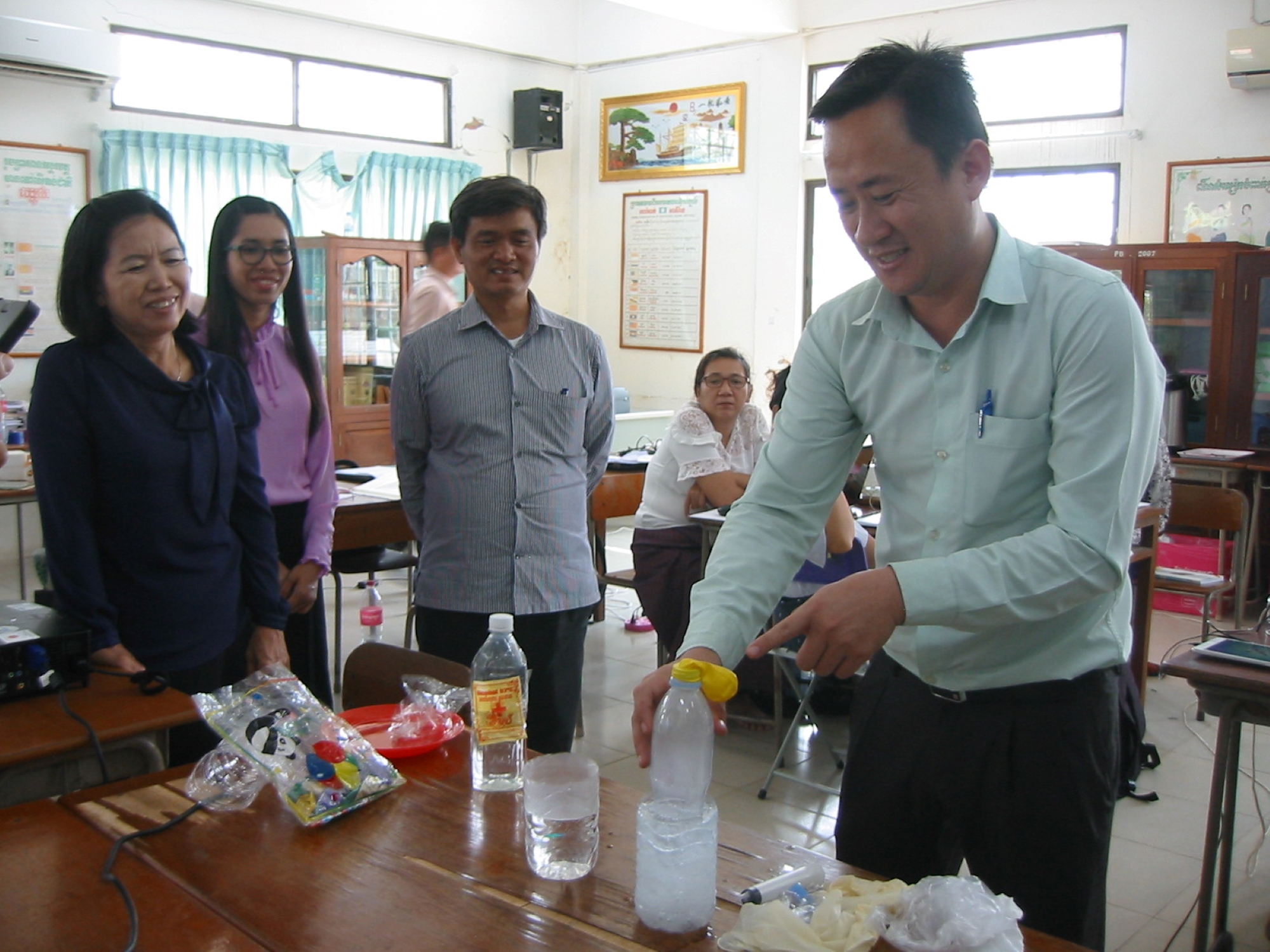
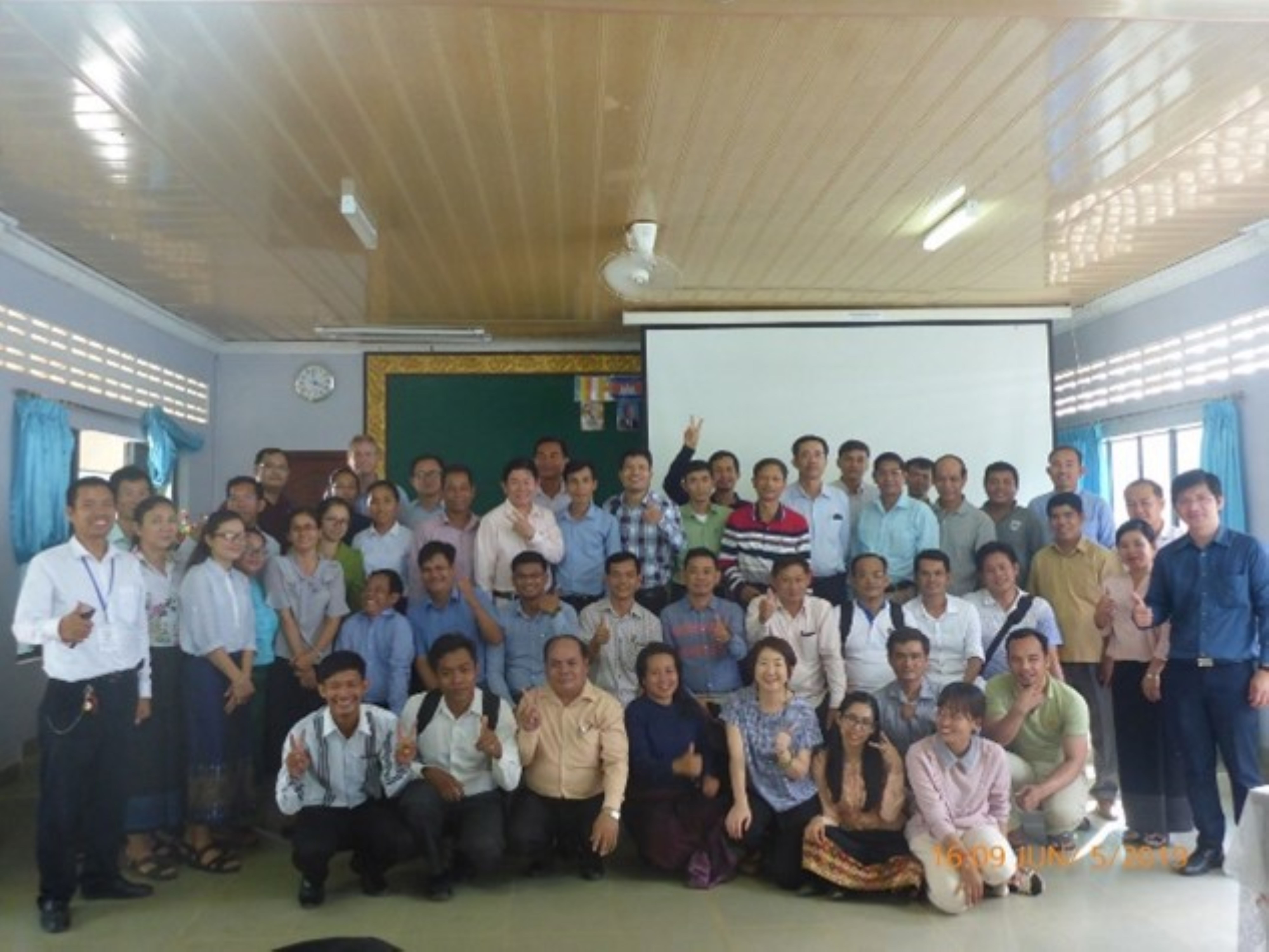
During the conflict reconstruction period after the 1980s, the Kingdom of Cambodia established a two-year teacher training curriculum to cope with a significant teacher shortage. However, ensuring the quality of teachers was still an issue, so the Cambodian government established a four-year teacher training college with the goal of fostering higher quality teachers.
As part of the support for building the foundation for the college, this project aimed to develop a teacher training college management and subject guidance system suitable for Cambodia while utilizing the knowledge of teacher training in Japan, and carried out the following activities: formulation of a strategic plan for the government to convert the college into a university, formulation and maintenance of various guidelines and official documents for managing the university organization, development of a specialized curriculum and syllabus for four years, expert advice on academic research, and support for implementation and management of the curriculum throughout the year. The project also provided professional advice on academic research and support for the implementation and operation of curricula throughout the year, etc.
Throughout the six-year project period, many results were achieved, including the establishment of a university operation and management system, the development of a class laboratory system, and research presentations at international conferences by university faculty members. The project was also implemented from a professional standpoint with the cooperation of professors from Hiroshima University and Nara University of Education.
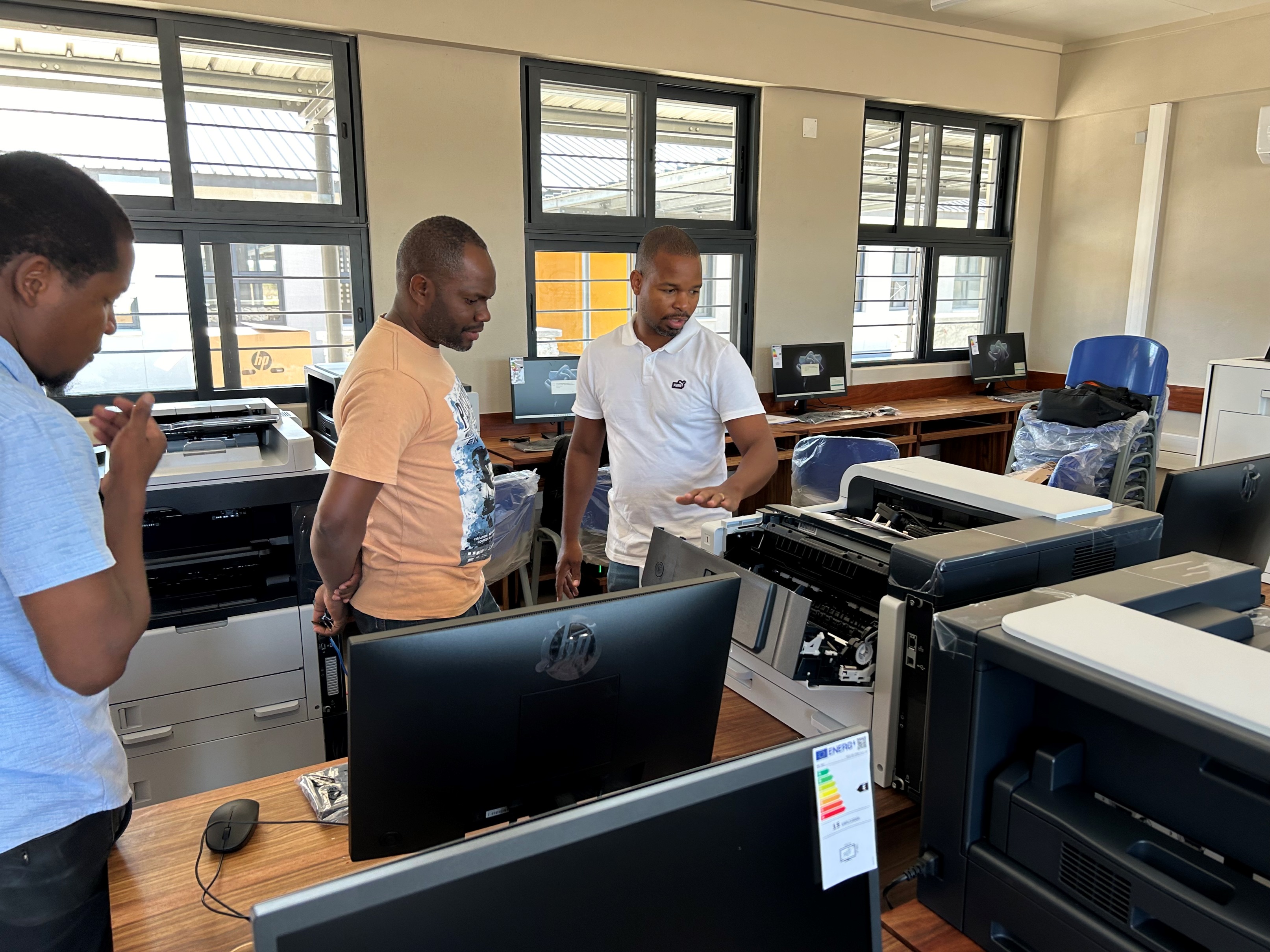
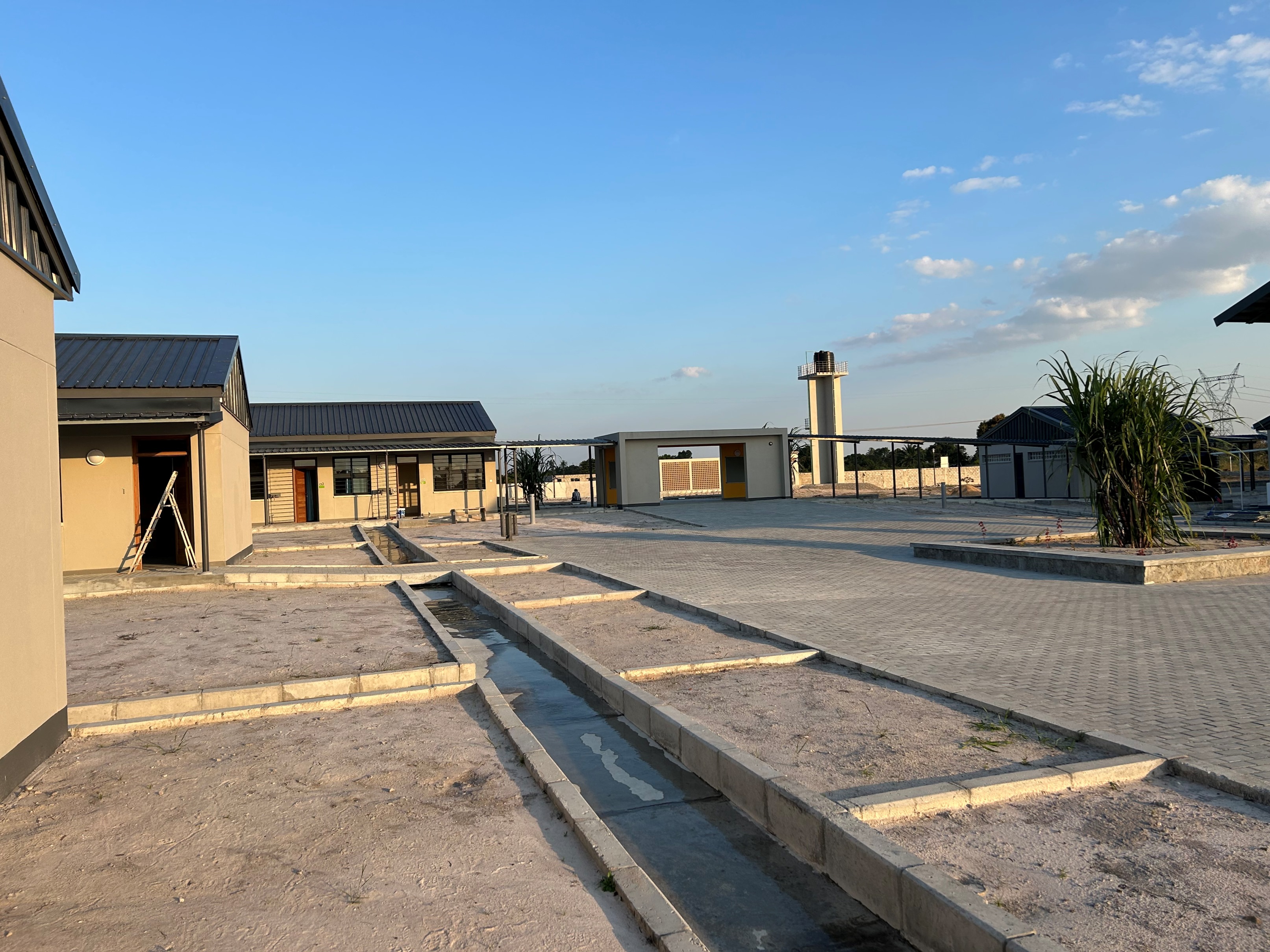
This project involves the construction of four new junior high schools in Zambezia, where there is a large shortage of junior high schools. We provided laboratory equipment for the science labs and desktop computers for the PC rooms.
In Zambezia, the development of facilities has not been able to keep pace with the rapid increase in the number of students enrolling in secondary education along with the spread of primary education, forcing the conversion or borrowing of elementary school facilities and the operation of classes on a three-shift system. In addition, many children are unable to attend school due to the distance to junior high schools.
In addition, this project is a model for future junior high school construction, with the installation of crosswalks and other facilities that take into account the needs of students with disabilities, and restrooms that are easy for female students to use. This project will contribute to promoting gender equality and the participation of vulnerable children in education.
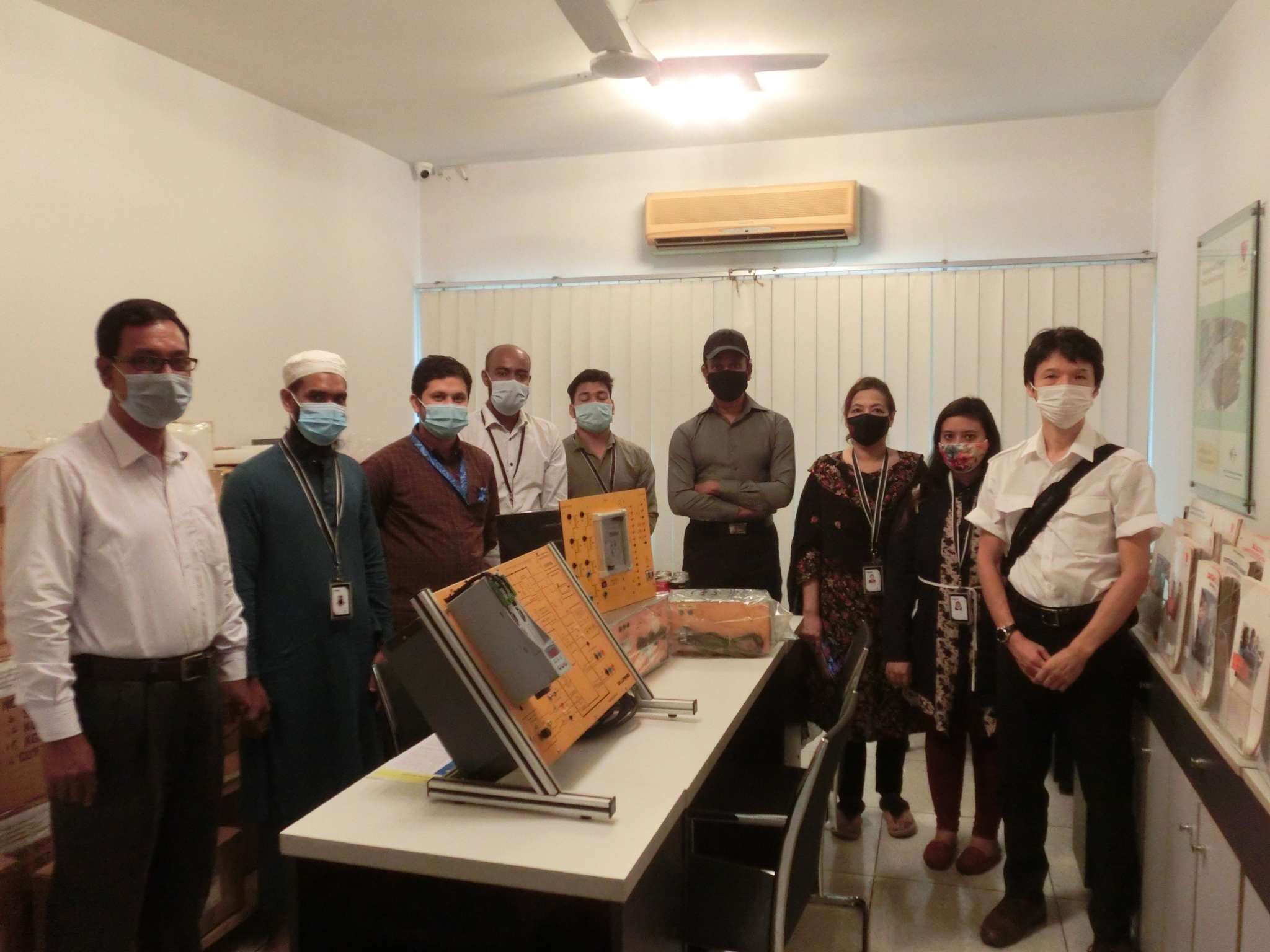
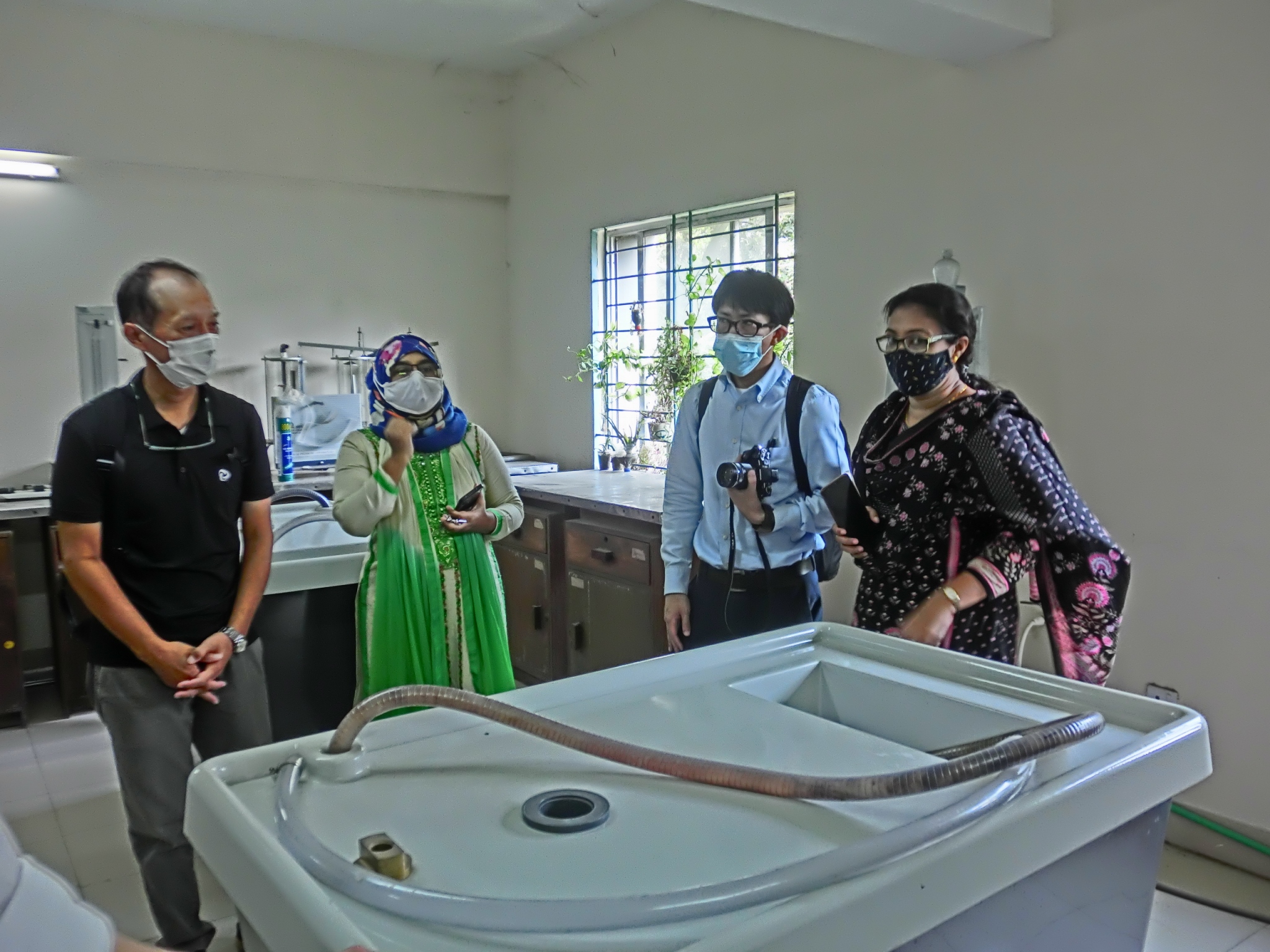
This project will provide engineering education and training equipment to the electrical, electronics, mechanical, and computer departments (including distance learning equipment) of three technical colleges in Dhaka (Dhaka Polytechnic Institute, Dhaka Mohila Polytechnic Institute, and Technical Techers Training College).
Bangladesh is facing a qualitative and quantitative gap in its workforce due to the limited number of institutions producing intermediate and advanced level engineers that meet the needs of the increasingly sophisticated and diversified business activities of the private sector.
In order to realize the Bangladesh Ministry of Education’s goals of producing skilled workers to support economic growth, diversifying the content of technical education, modernizing educational institutions, and further collaborating with the private sector, through the project cooperation, the project aims to contribute to the economic growth of Bangladesh by improving technical education and creating an environment for human resource development at technical colleges.
.jpg)
.jpg)
In the countries of the Sahel region of Africa, weak governance and resulting development delays have had a significant impact on overall regional instability. In recent years, these countries have also faced a significant deterioration in security due to the growth of extremist groups.
This study targeted young people, vulnerable groups, and women in five Sahelian countries (Niger, Burkina Faso, Chad, Mauritania, and Mali) to gather information on initiatives that can be effectively used to build peace in the region. In addition, five pilot projects were implemented that contribute to technical and vocational training to improve the livelihoods of vulnerable groups, including migrants and internally displaced persons, and to the deterrence of violent extremism, and their effectiveness and implementation systems were verified for future project development.
In the final phase of the study, an intra-regional experience-sharing workshop was held in a hybrid face-to-face and online format to share the results of the pilot projects with local stakeholders and to identify effective measures in the Sahel region.
.jpg)

The Tanzanian government has set a goal of becoming a middle-income country by 2025, and its main policy is to promote industrialization through human resource development. However, the unemployment rate is high at 9.7%, and the rate is even higher among the younger generation.
In this study, we collected and analyzed information on the gap between industry needs and training content in the fields of electrical equipment, automobile maintenance, and food processing at public vocational training schools, and identified issues. The study then conducted a pilot project to resolve these issues, and examined support measures that JICA should provide in the future.
The pilot project focused on the maintenance of electric vehicles, and included training in soft skills (5S and problem-solving techniques), work attitudes, and career development, as well as the acquisition of the latest technology required to develop human resources that meet corporate needs. Through such verification in collaboration with the private sector, it was proven that combining these training menus can quickly develop human resources with the ability to work immediately, and our proposal is currently under consideration as a framework for JICA’s technical cooperation.
.jpg)
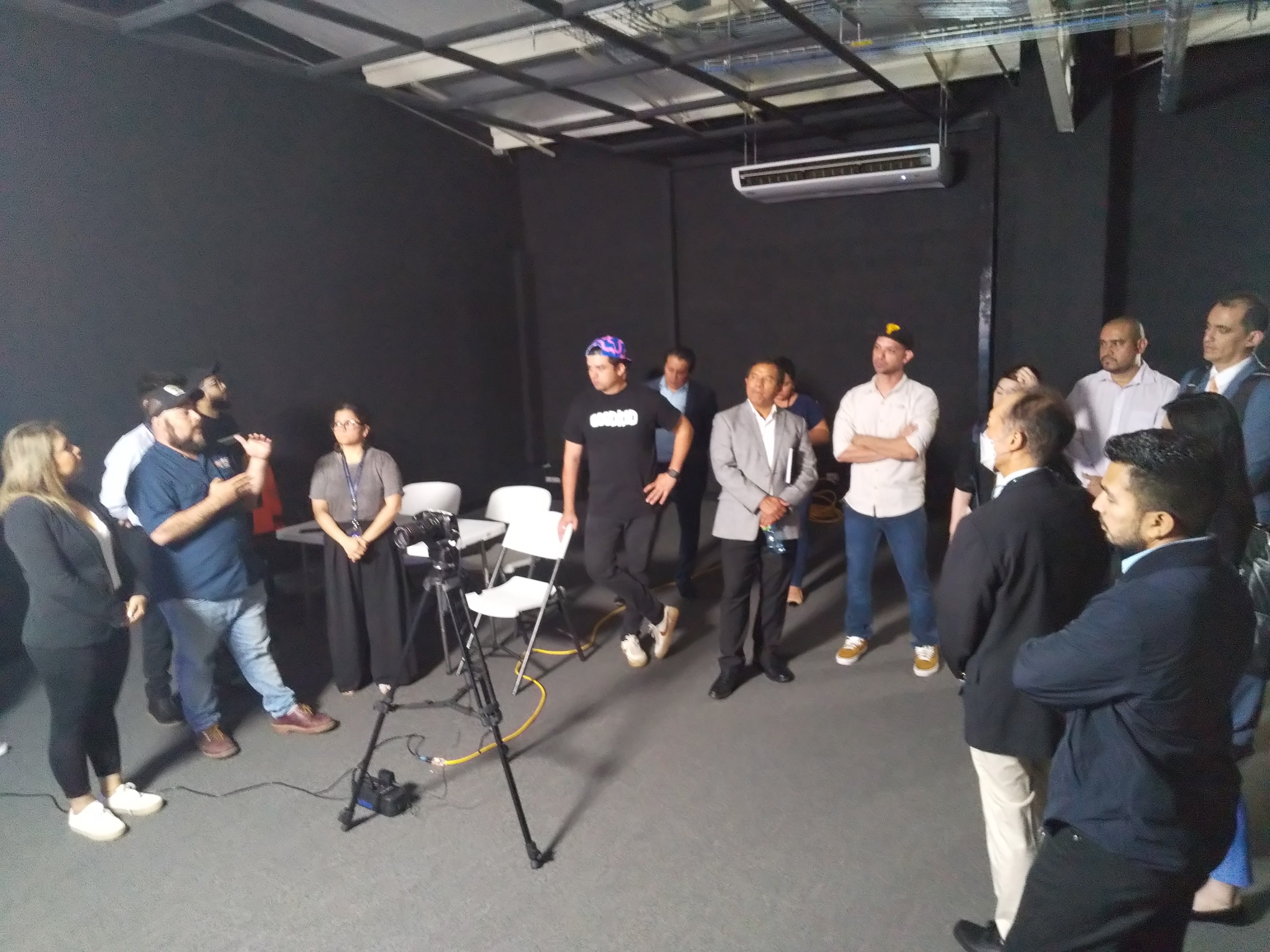
■The Project for the Improvement of E-Learning Equipment in the Palestinian Authority
■The Project for Promoting the Production of Digitalized Educational Materials in the Republic of El Salvador
The global outbreak of the new coronavirus has made it difficult to conduct face-to-face classes, increasing the need for online distance education as a tool for continuing education. In Palestine and El Salvador, students still have difficulty accessing face-to-face classes due to their local circumstances.
In this study, we examined whether grant aid to Palestine and El Salvador for the production of distance education materials and the provision of audiovisual equipment would contribute to the promotion of distance education for children and the promotion of learning and understanding, and developed a cooperation plan to achieve this effect.
The “Project for the Improvement of E-Learning Equipment in the Palestinian Authority” aims to improve the learning environment of primary education and contribute to the stability and improvement of civilian life based on human security by equipping Palestinian educational TV station studios with filming equipment and equipping West Bank schools with audio-visual and ICT equipment.
The “Project for Promoting the Production of Digitalized Educational Materials in the Republic of El Salvador” aims to develop high-quality educational materials for students and contribute to the promotion of students’ understanding of their studies by providing equipment for filming and editing at three national teacher training centers and teacher training centers across the country, producing educational content, and collecting video materials from various regions in the country.